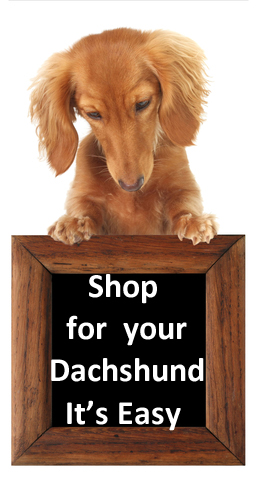Dog Lice - here's the facts
What are Dog Lice ?
Canine lice are a parasite that can give your dog great discomfort as they cause intense itching and scratching. The two groups of lice that infect dogs are biting lice and sucking lice.
|
The biting ones live on skin flakes and the other sucks blood, unlike fleas, lice live their whole life cycle on the dog. Dogs seriously affected by lice will suffer from anemia. |
How does your dog picked them up?
The lice on dogs are a different type to the ones that infest people, so don't worry about catching them off your dog, these lice only like dogs and people lice only like people.
Likely sources of infection are where groups of dogs gather together… dog day care, puppy classes, dog hotels, dog shows, agility events and just group walks.
Signs of dog lice – what to look out for
- Excessive scratching
- Visible lice - small brown creatures that are easy to tell from fleas, as lice move slowly while fleas are running and hopping everywhere
- Visible nits – or lice eggs attached to the hairs. These
eggs are tiny and resemble dandruff but
do not brush off, as they are glued to the hair
- Licking – your dog tends to lick his skin a lot as it helps cool and ease the itch
- Bald patching of skin- caused by scratching
- Secondary infection due to excessive licking
Best ways for treating dog lice
There are a range of sprays or powders that are available, if treating a young puppy, check with your vet as some treatments are not suitable for pups.
The most effective method of treatment is a bath, using a treatment solution, because this method will kill lice and the nits. But nits or eggs with their hard shell are difficult to kill and stick fast to the hairs these need to be removed by combing. Treatment usually needs to be repeated on a regular basis for about 4 weeks.
Ways to stop reinfection
All animals in the household will need treatment, whether you find lice on them or not.
Wash all your dog’s bedding in hot water and dispose of all combs and brushes. Everything your dog has been in contact will need a hot wash… collars, leads, and any doggie clothes.
Dogs should be kept away from situations where they come in contact with other animals while under treatment, you can still go for you walk, but do not interact with other dogs and definitely no dog day care.
Other pages of interest
Dog flea control - how to kill those nasty fleas
Dog ticks - how to control this parasite
Return from dog lice to home page
The information given on this site,is compiled from our
knowledge and research and is designed to supplement
not replace your vets or other professionals advice.
Copyright 2019 All rights reserved
www.dachshund-owner-guide.com
Solo Build It!





